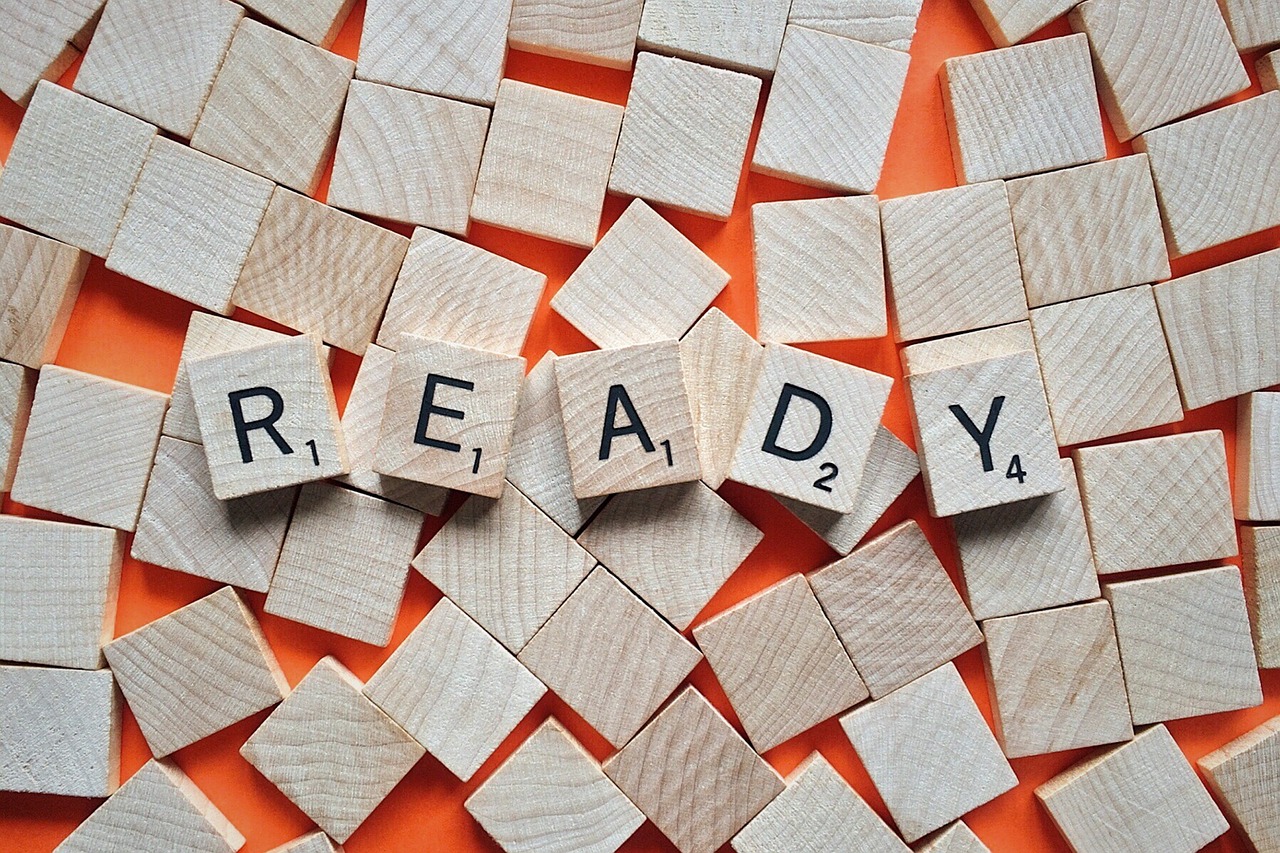Sis, here’s a question for you. If disaster strikes, are you prepared? Would you be able to withstand the aftermath of a disaster for a weekend? For a week? For a month? You’ve made it to midlife! Whether you are single and live alone, live with a partner or are a member of a multi-generational household, it is fully within your power to get yourself and those you care for through a big event–but you have to be prepared. You can do it!
What constitutes a disaster?
Disaster can strike in any number of forms: a winter storm that leaves you iced or snowed into your home, roads rendered impassable due to flooding, or even a widespread power outage. Most of us live in parts of the world that have regular occurrences of one or more specific type of natural phenomenon, including tornadoes, ice storms, drought, tsunami, earthquakes, wildfires, mudslides or hurricanes. But whether your water comes from a well on your property or travels to your home via the pipes of your municipality, we are all susceptible to disruptions in our water supply due to infrastructure failure, industrial mishaps or testing results that are evidence of unhealthy readings.

Surviving The Aftermath
While you don’t need to obsess about an apocalyptic-scale disaster, you should give some thought about what you would do if disaster strikes. Certainly a blizzard or hurricane can directly cause damage or loss of life, but experts call the period following a widespread cataclysmic event “The Second Disaster” and those times often claim as many or more lives than the original precipitating event. Think of possible conditions: lack of clean water, infection, impeded access to medical care due to traffic jams, etc..
Though the hope is that the effects of a disaster may be short-lived, there are measures that you can take to manage the effects of many of the perils you may face. Ideally, assistance will be available, but forethought and self-reliance are two things you cannot have enough of. Objectively walk around and observe your home and workplace. Here are some questions you should ask:
- What are your plans for water, shelter and food?
- Who do you need to contact in an emergency? Who needs to be notified if you are in an emergency?
- Are there family members or neighbors who have mobility issues or other issues that make them vulnerable? How will you care for them?
- If you had to leave at a moment’s notice what would you grab?
- If you are unable to leave your dwelling or workplace, would you have adequate supplies to shelter in place if you had no heat or power?
- Are you capable of walking far enough to reach safety or to obtain supplies?
Preparedness Plans
There are many things you can do long before or even if a disaster never strikes.
- Investigate your area’s emergency preparedness measures. Many counties have emergency management plans in place and may even offer classes.
- Register with your local emergency notification service.
- Heed mandatory evacuation orders.
- When away from home make sure at least one person knows of your whereabouts. If you are safe, notify your person and mark yourself safe with apps, etc..
- The CDC says you should store a minimum of one gallon of clean drinking water per person per day.
- Compile a list of contact information and create an ICE (in case of emergency) list in your phone.
- Have protective clothing and sturdy footwear in case you have to walk, climb or move through debris.
- Maintain a portable first aid kit and regularly replenish its supplies.
- Locate and learn how to shut off the main water and gas supplies to your home.
- Be aware of official evacuation routes and safety shelters in your area.
- Camping is a great way to do a dry run of existing in the wake of a disaster. Car camping or even pitching a tent in your backyard are options for getting up to speed on roughing it.
- Make a checklist of medicines and supplies you need.
- Have candles, matches, flashlights and usable batteries stored to keep out water.
- Stock foods that last a long time. Regularly use and rotate them. Foods that last a long time include:
- Nuts/Seeds
- Pasta
- Dried Meat/Jerky/Pemmican
- Canned Fish
- Canned/Dried Fruit
- Powdered Milk
- Peanut butter
- Dried beans
- Rice
- Cheese in Wax
- Honey
- Salt
To survive a disaster you don’t have to be as fit as an ultra-marathoner, as well-trained as Green Beret, as tough as Michonne from Robert Kirkman’s “The Walking Dead” or even a former Girl Scout. Not everyone has a backyard large enough to build a bunker with a year’s worth of food. In fact, not everyone has a yard! But with all the skills and experience you’ve gained by the time you’ve reached midlife, you completely have the power to assess your situation, make a plan, and increase the odds that you will survive a large-scale disaster.
I’d love to hear your tips or experiences of disaster!

